Morgan’s walk-out left the presenter and ITV at an impossible impasse
Piers Morgan’s departure from ITV came after the controversial presenter’s attempt to build bridges ended with him tearing them down instead.
The GMB figurehead, who has helped drive ratings significantly during his five-year stint on the show (see box) prompted an initial 41,000 complaints to Ofcom with his reaction to the Meghan Markle/ Prince Harry interview.
Morgan has courted controversy before by opining on sensitive subjects, but this story’s potent mixture of racism, royalty and mental health meant the stakes were higher than usual. And it was his initial statement that he did not believe the Duchess of Sussex felt suicidal as a result of her treatment by the royal family and British press that generated most ire, and set ITV on edge.
The broadcaster has been running a Get Britain Talking campaign to promote good mental health, works with a number charities in the space, and has ramped up duty of care and mental wellbeing support for contestants on shows such as Love Island as part of a concerted drive to do the right thing in this area.
Chief executive Carolyn McCall made it clear when presenting ITV’s annual results early on 9 March that she disagreed with Morgan, and that she did believe the duchess, though she did not reprimand the presenter.
When Morgan went on air on Tuesday 9 March, ITV was expecting him to close the gap between his original claim and the broadcaster’s corporate position – that anyone suffering from such significant problems should be listened to and supported, rather than dismissed.
It appears that this was his intention, but instead, within 10 minutes of starting his stint, Morgan had stormed off after a heated personal confrontation with Alex Beresford, whose criticism of him was strong but measured.
The notion that this was staged to stoke more controversy has been firmly rejected by those in the know, and it is understood that there was genuine tension on set when Morgan returned.
When he came back, Morgan did address his comments from the previous day’s show, stating that his disbelief of Markle was overarching, rather than relating directly to her suicidal thoughts, and that he believes anyone raising such issues should be given the support they require.
His words were more of a clarification than an apology though, and after a second consecutive tempestuous show in which issues of racism and mental health were bandied around, there was still little common ground between Morgan and ITV.
Some members of ITV Daytime staff are understood to have let management know that they were uncomfortable with the host’s words and behaviour, and the feeling was that Morgan needed to go further to make amends, with some sort of additional statement.
When Morgan disagreed – he stated today (10 March) that freedom of speech is a “hill I am prepared to die on” – there was an impasse that could not be resolved, and both parties agreed it best if he move on. For a show that was built around such a controversial figure, this was one furore too far.
The Piers effect: GMB’s steady ratings climb
Piers Morgan had presided over a steady increase in Good Morning Britain’s share since he took up the co-presenting mantle in late-2015 (see table).
During the past five years, share of viewers tuning into the 6am-9am daytime stalwart has increased from 15.9% to 24.5%, with volume rising from 620,000 for an average three-hour episode to 820,000.
Morgan and co-host Susanna Reid have also helped deliver younger viewers, with coveted 16-34 share nearly doubling to 27% this year.
Rising steadily each year, GMB has been slowly closing the gap with major rival BBC Breakfast, which has seen average volume slip from 1.5m to 1.35m over the period – although its share has risen to 38.5%.


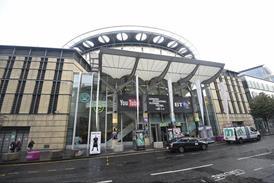









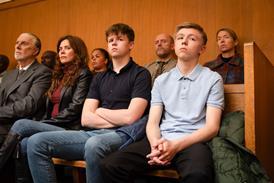

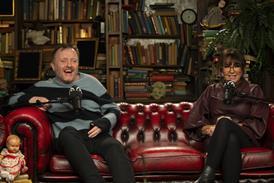
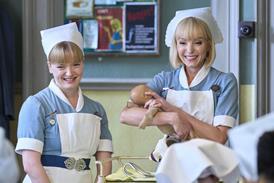







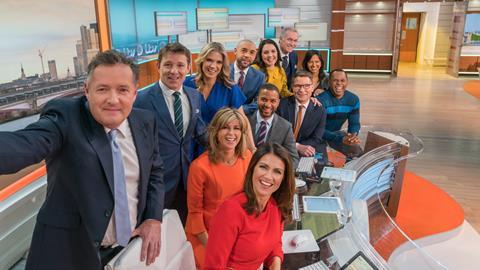


















1 Readers' comment